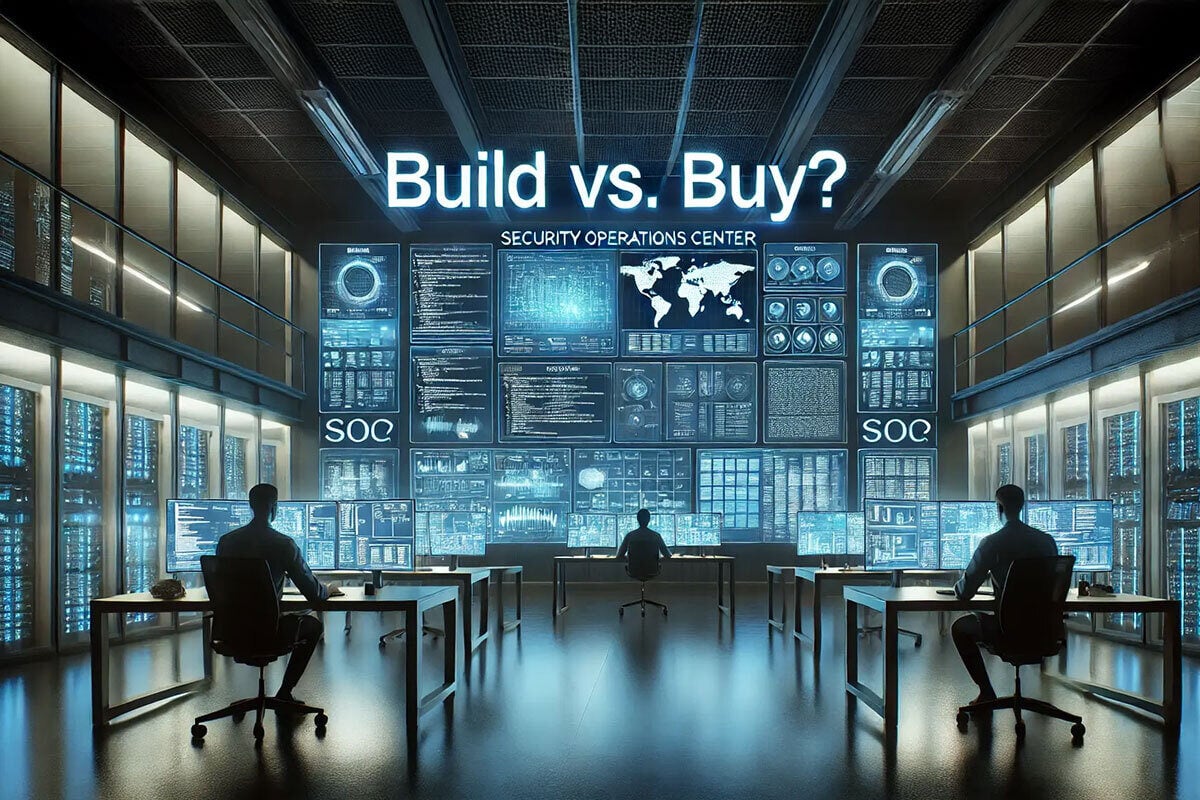Many CEOs Highly Concerned About Cybersecurity

CEOs have a lot on their minds, and one of their biggest concerns today is information security. It’s not a new concern of chief executives. But high-profile hacks against well-known organizations—along with the attention government entities pay to data protection—have helped bring cyber security to the fore now more than ever.
The big data breaches against companies in many cases have had an impact on finances, and that automatically makes it a major issue for boards of directors and the CEOs who report to them. No executive wants to be found negligent in protecting the organization’s information assets. And once a data breach has occurred, it’s not just the security and IT executives who come under scrutiny, but the business leaders as well.
Recent research indicates just how much information security is on the minds of CEOs. One example is the 19th Annual Global CEO Survey released in January 2016 by consulting firm PricewaterhouseCoopers International.
The firm surveyed 1,409 CEOs in 83 countries, and two thirds of them see more threats overall today than three years ago.
Clearly, CEOs are putting a lot of hope in technology, despite security concerns. Executives are convinced it will transform stakeholder expectations of business in the next five years, with 77% of business leaders naming technology as a top-three influencer. Mobile connectivity and social media in particular have become fundamental ways to get information and buy goods and services, according to the report. At the same time, these technologies give more users more access to more information about what companies do and the impact of their actions.
Business leaders understand how technology is transforming their relationship with customers and other stakeholders, the study says.
“So it makes sense that they see technology as the best way to assess and deliver on changing customer expectations,” with 51% of CEOs making significant changes in this area.
CEOs want their organizations to use technology to better interpret the evolving needs of customers to better engage with them. Nearly a quarter (24%) feel they don’t have enough information about what customers or other stakeholders want.
“CEOs’ growing faith in, and dependence on, data and analytics signals just how far a data-based, scientific mindset has penetrated even the complex world of stakeholder management,” the report says. “And as big data, cloud computing and the Internet of Things become even more important in modern business, the role that technology plays in helping understand wider stakeholder expectations is also being applied to meeting and even surpassing those expectations.”
Increasingly, executives are using technology to help define and manage risks, and nearly one third see data and analytics technologies as useful for enhancing personal data security. But at the same time, chief executives are clearly worried about cyber attacks. When asked about their concerns regarding a variety of potential economic, policy, social and business threats to their organization’s growth prospects, 61% cited cyber threats.
Other research efforts show the level of concern with security. Fortune magazine’s 2015 Fortune 500 CEO survey asked top executives at to identify their companies’ biggest challenges, and two thirds cited cyber security.
That was the second most common response, following the rapid pace of technological innovation, and ahead of such concerns as increased regulation, the shortage of skilled labor, management diversity, competition from a start-up, shareholder activism and competition from China or developing countries.
And a Gartner Inc. survey of 400 senior business leaders worldwide in 2015 showed that, with technology starting to fundamentally change the nature of industries, CEOs' security and risk concerns are rising.
A majority of the executives (77%) agreed with the statement that "the digital world is creating new types and levels of risk for our business," and 65% felt that investments in risk management practices were not keeping up with new and higher levels of risk.
"Although this was a partly prompted finding, we also saw strong evidence of this rising concern elsewhere in the responses," noted Mark Raskino, vice president and Gartner fellow. "CEOs are right to be concerned. As products and services become digital they add far greater utility for the customer but also far greater power for those dark forces who might usurp digital control.”
"CEOs and CIOs need to collaborate “to jolt the executive team out of cyber-risk complacency," Raskino said.
tags
Author
.jpg)
Shaun Donaldson is Editor-at-large at Bitdefender Enterprise. Shaun is also responsible for supporting relationships with strategic alliance partners and large enterprise customers, and analyst relations. Before joining Bitdefender, Mr. Donaldson was involved in various technology alliances, enterprise sales and marketing positions within the IT security industry, including Trend Micro, Entrust, Bell Security Solutions and Third Brigade.
View all postsRight now Top posts
FOLLOW US ON SOCIAL MEDIA
SUBSCRIBE TO OUR NEWSLETTER
Don’t miss out on exclusive content and exciting announcements!
You might also like
Bookmarks











